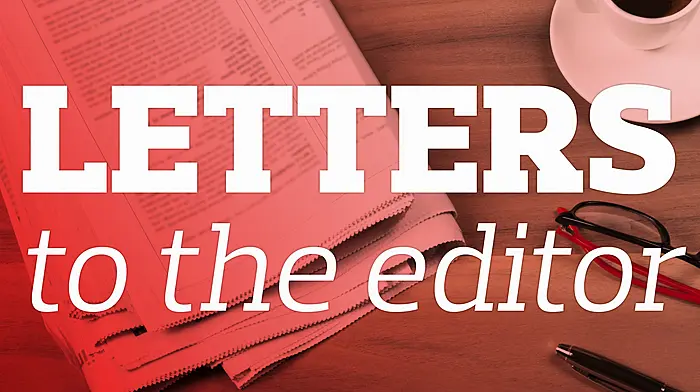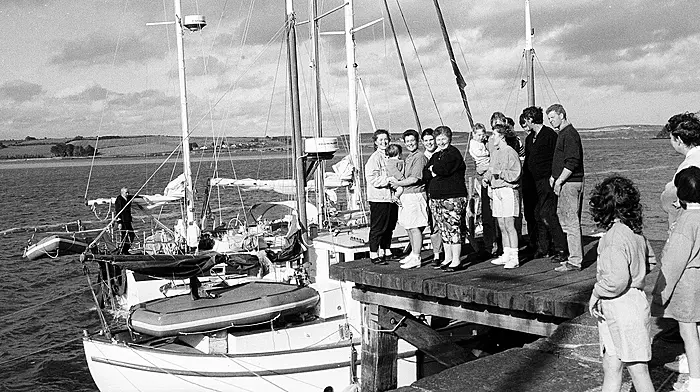Pay demands in the public and private sectors are beginning to gather pace again as the economy improves, but can employers afford them, especially given the period of uncertainty they are now entering as a result of the British referendum decision to leave the European Union? The main challenge the country will face is to maintain competitiveness – something that we lost during the Celtic Tiger boom years and which cost so many jobs in the private sector when the downturn came.
PAY demands in the public and private sectors are beginning to gather pace again as the economy improves, but can employers afford them, especially given the period of uncertainty they are now entering as a result of the British referendum decision to leave the European Union? The main challenge the country will face is to maintain competitiveness – something that we lost during the Celtic Tiger boom years and which cost so many jobs in the private sector when the downturn came.
Those in the public sector had to take pay cuts, but were able to hold on to their jobs – the cuts mainly comprising the benefits they had been awarded during Fianna Fáil’s cynical vote-buying benchmarking exercise ahead of the 2007 general election that bloated the public sector pay bill out of all proportion. In trying to make the public service more efficient, the last Fine Gael-led government created a different type of problem by offering lower pay and inferior conditions to new entrants to the sector, which their unions – with justification – now want changed to parity with colleagues doing the same work.
It is estimated that to equalise pay and conditions would cost in the region of €2bn per annum – twice the ‘fiscal space’ expected to be available to the government for next year’s budget – so obviously any such restoration would have to be gradual over a number of years. This is the reality that will have to temper pay demands by the public service unions in particular even when existing agreements expire; nobody will begrudge public servants reasonable pay increases as and when the country can afford to pay them.
Recent pay increases in the private sector, such as those granted to Luas tram drivers in Dublin, have set a crazy precedent that the majority of employers in the country would have no hope of matching. If expectations across the board become too demanding, it may force employers, albeit reluctantly, to consider a return to the collective bargaining of the national pay agreements era as a price worth paying for industrial peace.








